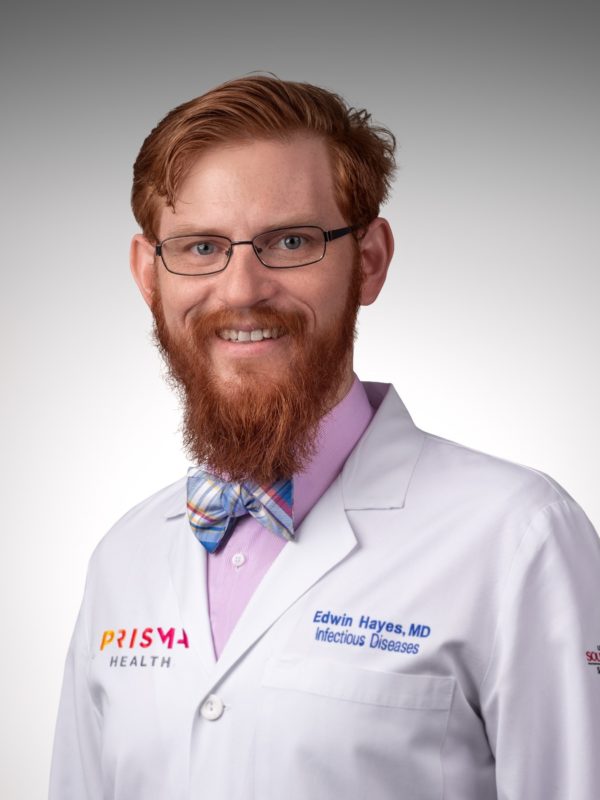Why STDs are increasing among seniors
Talking to an aging parent about sexually transmitted diseases is not something many of us can imagine doing. With many older adults finding themselves single later in life and often living in a retirement facility, they’re becoming more sexually active. STDs are increasing among seniors and knowledge is the best way to help prevent their spread.
Infectious disease expert Edwin Hayes, MD, explained why STDs are becoming more common among seniors and the elderly and what can be done to protect them.
Why are STDs on the rise among seniors?
“Part of the reason is because they have better functionality to have sex than ever before,” Dr. Hayes said. “However, they may have less of an understanding of the risks associated with different STDs. They don’t see a justification for something like condoms because they’re not worried about getting pregnant.”
It’s also possible for some diseases to show up later in life. Disease like HPV and HIV can be dormant inside people for many years and not show problems until someone has reached an older age.
Is it dangerous to get an STD when you’re older?
Seniors often are less able to handle the illness associated with an STD. “They may have gonorrhea that spreads from their genitals into their knee or into their eye that they are not able to come back from as easily as someone who’s younger,” explained Dr. Hayes. “Really any extra trip to the hospital for an elderly individual can be bad, and doing anything to keep them out of that scenario is a good thing.”
Education is key for STD prevention at every age
Although it can feel awkward, it’s important to educate and screen seniors for STDs. Talk to them about their sexual encounters and risks. It might be as simple as asking a parent if they’re using protection, such as condoms.
“Protecting them from getting STDs in the first place is probably the best thing that you can do for these folks,” Dr. Hayes said. “Whether it’s seeking out a screening or walking through the ways that they can personally protect themselves from getting these infections.”
If that’s not a conversation you feel comfortable having, encourage your parent to talk to their doctor. And if you go with them to their visits, give them time to have a private conversation with their doctor about this important topic.
Find a doctor
Whether you’re looking for a primary care physician or need to see a specialist, we’re here to help with experienced, compassionate care near you.
Find a Doctor

